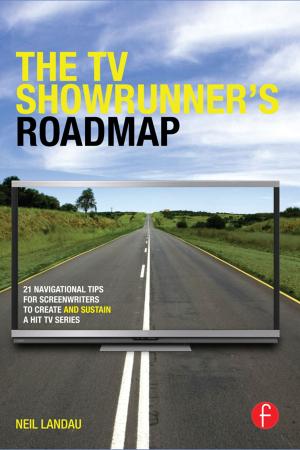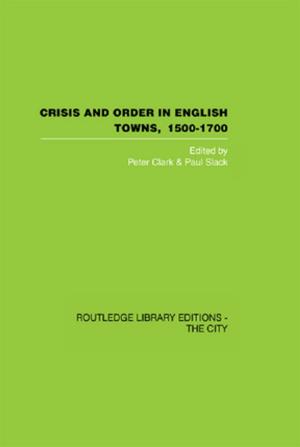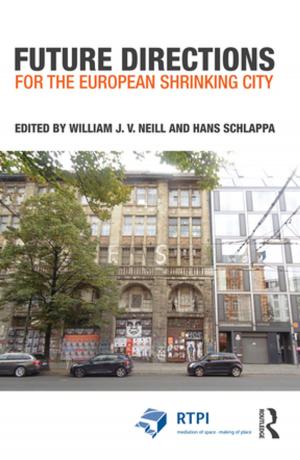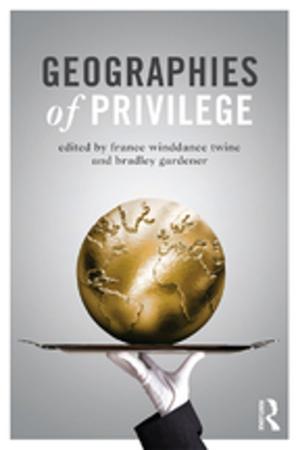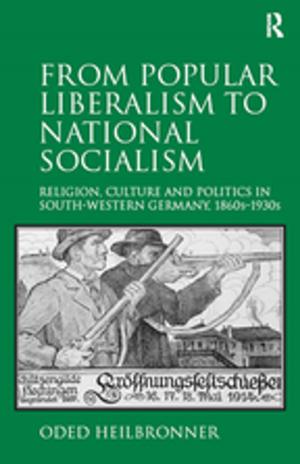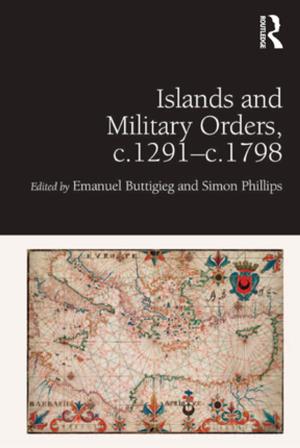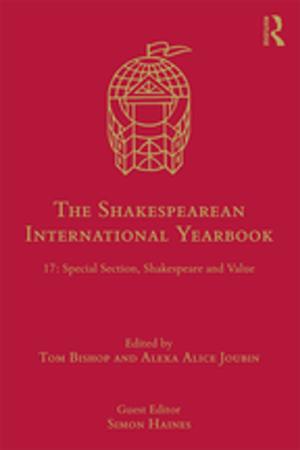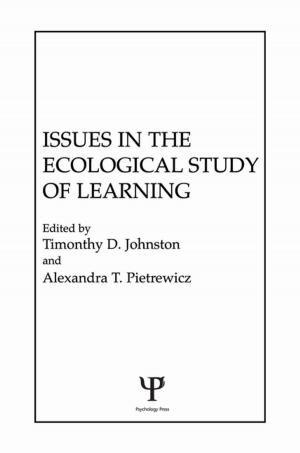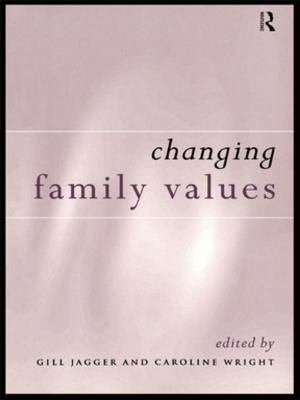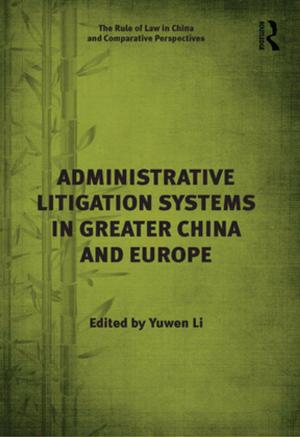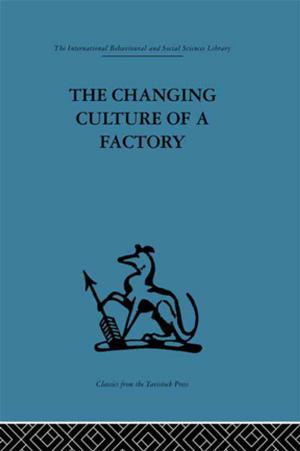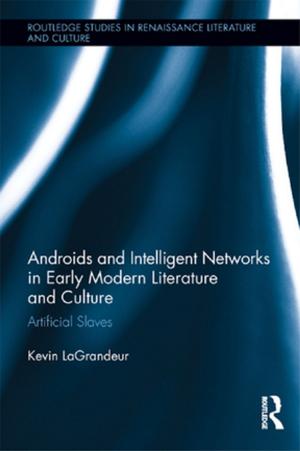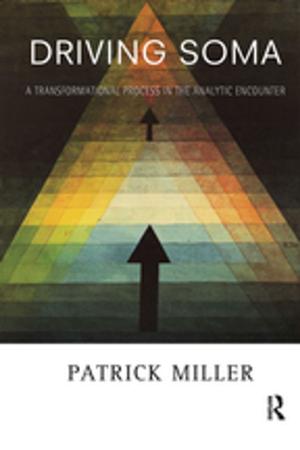Designing and Implementing Multimodal Curricula and Programs
Nonfiction, Reference & Language, Language Arts, Linguistics| Author: | ISBN: | 9781351659741 | |
| Publisher: | Taylor and Francis | Publication: | January 19, 2018 |
| Imprint: | Routledge | Language: | English |
| Author: | |
| ISBN: | 9781351659741 |
| Publisher: | Taylor and Francis |
| Publication: | January 19, 2018 |
| Imprint: | Routledge |
| Language: | English |
This volume presents a comprehensive overview of multimodal approaches to curriculum and programmatic implementation across a diverse range of teaching environments and across geographic and cultural boundaries. Featuring contributions from scholars within and across both disciplines, the book examines the ways in which new technologies link to expanding definitions of literacy and, building on this, how multimodal approaches might most effectively address the unique opportunities and challenges instructors face in contemporary classrooms and professional development programs. Chapters draw on case studies from both existing scholarship and findings from the authors’ own experiences in practice, including examples from writing, rhetoric, and composition courses, open online learning courses, and interdisciplinary faculty training programs. The final section of the book showcases how the conversation might be further extended to address increasingly multilingual classrooms by exploring how multimodality has been implemented in transnational settings. Engaging with key questions at the intersection of programmatic and curricular development and multimodal studies, this book is a fundamental resource for graduate students and scholars in multimodality, rhetoric studies, language education, applied linguistics, and communication studies.
This volume presents a comprehensive overview of multimodal approaches to curriculum and programmatic implementation across a diverse range of teaching environments and across geographic and cultural boundaries. Featuring contributions from scholars within and across both disciplines, the book examines the ways in which new technologies link to expanding definitions of literacy and, building on this, how multimodal approaches might most effectively address the unique opportunities and challenges instructors face in contemporary classrooms and professional development programs. Chapters draw on case studies from both existing scholarship and findings from the authors’ own experiences in practice, including examples from writing, rhetoric, and composition courses, open online learning courses, and interdisciplinary faculty training programs. The final section of the book showcases how the conversation might be further extended to address increasingly multilingual classrooms by exploring how multimodality has been implemented in transnational settings. Engaging with key questions at the intersection of programmatic and curricular development and multimodal studies, this book is a fundamental resource for graduate students and scholars in multimodality, rhetoric studies, language education, applied linguistics, and communication studies.

